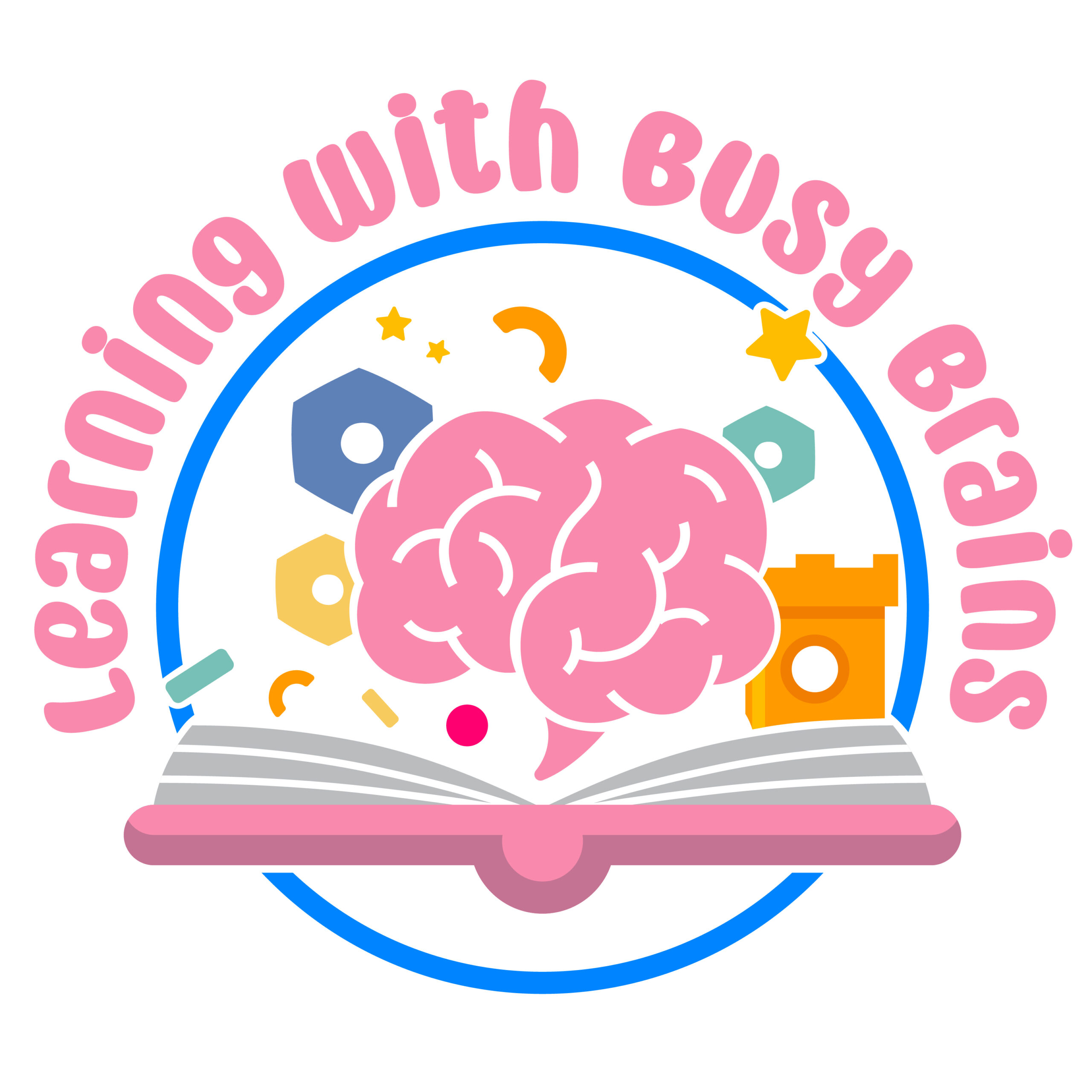When discussing educational games, it’s important to differentiate between those that foster skill development and those based on chance. Imam ash-Shaafi’ee’s view provides a clear distinction: games like nard-sheer, which rely entirely on luck, versus chess, which involves strategic thinking and skill. Ustadh Moosaa Richardson explained how games involving dice, such as Monopoly, can be permissible when they also incorporate strategic decision-making. His answer explores these distinctions, clarifying the role of dice and emphasizing the importance of distinguishing between games of skill and games of chance.
Below is his answer:
In the Name of Allaah, the Most Merciful…
Briefly, the hadeeth in Saheeh Muslim quoted above is about Nard-sheer, an ancient Persian game made famous by pre-Islaamic Indian kings. It is very similar to backgammon i’ve heard. there are two dice involved, and it is a game of chance where no skill or strategy is employed.
Chess (“shatranj” in Arabic), a skill-based game won by strategy was developed later and became famous in India, and was made to replace the chance game of nard-sheer.
Imaam ash-Shaafi’ee gave the issue some very beautiful insight, making distinctions between games of chance (taking the ruling of nard-sheer) and games of skill. Games of skill like chess remain permissible according to him, so long as no evils are associated with them, like wasting long amounts of time, neglecting duties like salaah, etc. That is since the game of nard-sheer does not develop any skills, unlike chess and other games of skill that build strategy and planning skills.
This is mentioned in al-Mughnee by Ibn Qudaamah with a detailed and critical look at ash-Shaafi’ee’s position, concluding with the position of ‘Alee ib Abee Taalib and the three other math-habs – that chess takes the same ruling as nard-sheer, however I was actually convinced of the correctness of ash-Shaafi’ees argument after reading this passage which was meant to refute his argument!
This is what seems to be more correct and in line with the goals of the Sharee’ah –
1) Games that produce benefit, like thinking skills, strategies, langauge development, or physical abilities, are permissible, or possibly recommended in some situations, depending on the need of the person and the level of benefit gained from the game.
2) Games that do not build any skills or encourage any thinking or planning are falsehood, and they take the ruling of nard-sheer, referred to in the hadeeth in Saheeh Muslim.
Note that the issue of dice is not the determining factor in this issue. Dice are an element of chance, yet in a game like Monopoly, children use dice to initiate their turn, and then make a number of decisions that will affect the success of their business ventures mainly in property management, trading, bargaining, buying, and selling, etc. Monopoly, when freed of images and mock ribaa dealings, can be considered from the 1st category above, due to the skills that can be learned from it.
However, games that rely solely on the roll of the dice, or the spin of the spinner, or the draw of a card, meaning: a game of just chance, and allow no chance for strategy or development of skills, like “Chutes and Ladders” or the likes, fall into the second category.
Some people have replaced dice with spinners in games of chance, thinking to be avoiding the prohibition. It is more important to identify the game as a game of chance or a game of skill, instead of a game that uses dice or not.
and Allaah knows best.
I hope these words have helped.
Moosaa
ibn John
Richardson
Source: Salafitalk – Games with Dice Discussion.
Using LEGO as an Alternative to Dice:
To incorporate a skill-building element into games that traditionally use dice, you can use LEGO bricks to determine the number of moves. Simply assign a specific number to each LEGO brick and draw a brick to decide how many spaces to move. This approach maintains the game’s interactive nature while shifting focus away from pure chance, aligning with a strategy that emphasizes skill development and planning.


